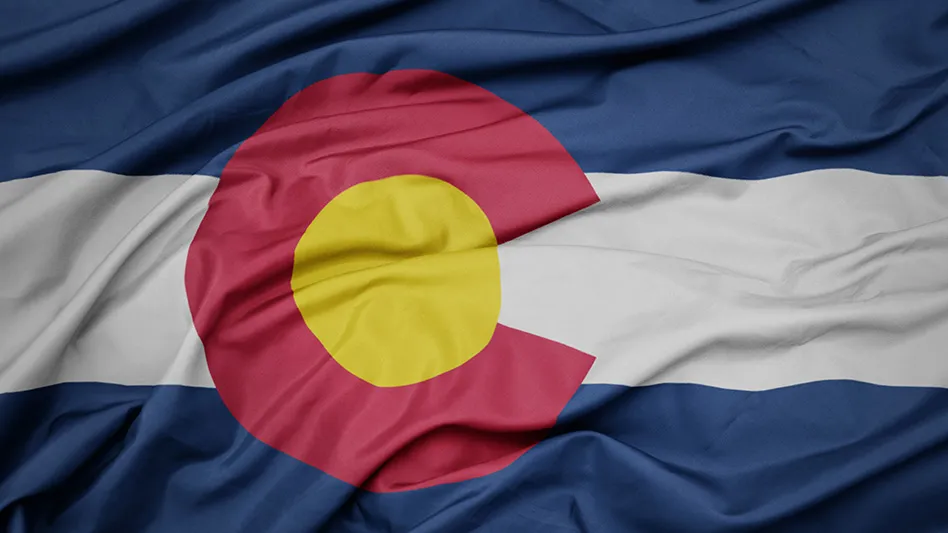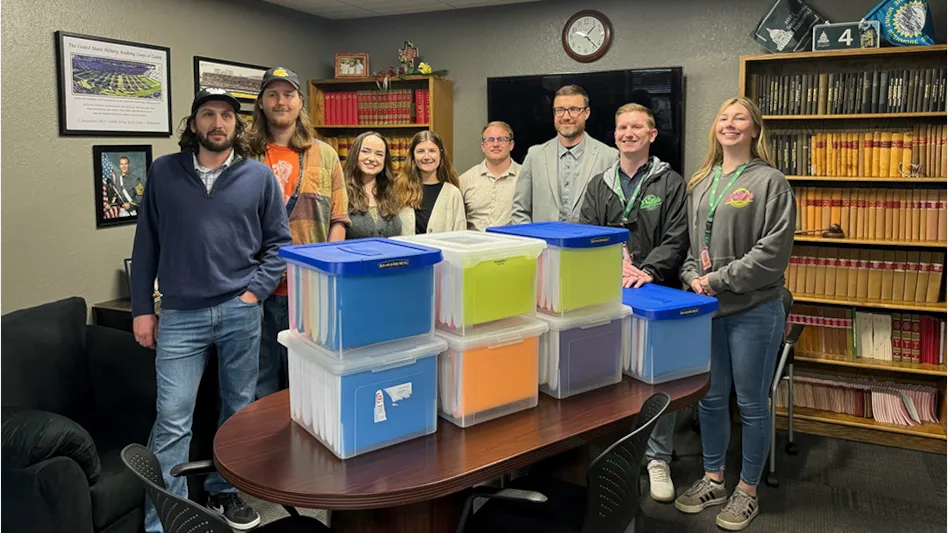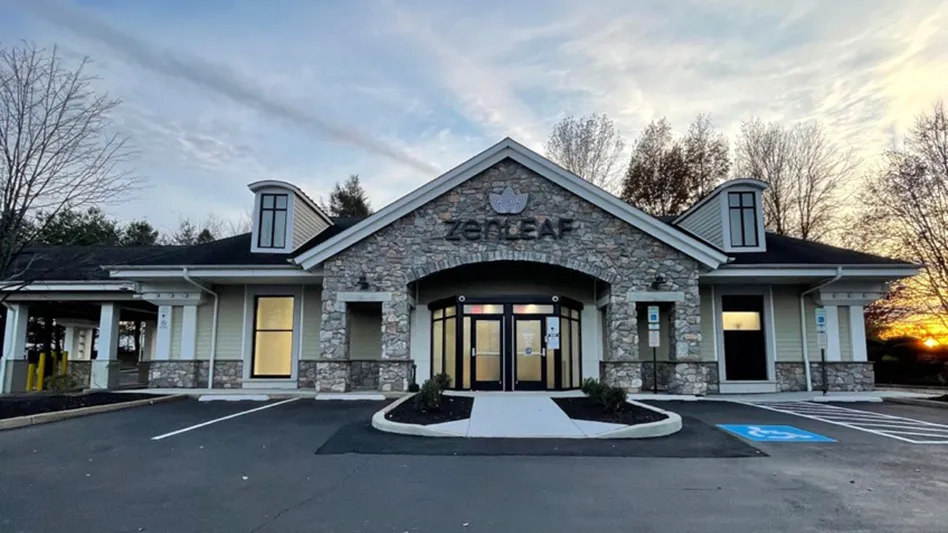
Photo courtesy of Shane Pennington
When news broke in late August that the U.S. Department of Health and Human Services sent a recommendation to the Drug Enforcement Administration to reclassify cannabis as a Schedule III drug within the Controlled Substances Act, debates ensued about what this would really mean for the already established state-legal cannabis industry. Although DEA and HHS confirmed that a rescheduling recommendation had been sent, they declined to confirm that the recommendation was Schedule III, as Bloomberg first reported. There is also much discussion and conflicting opinions about what might come next. Here, Shane Pennington, partner at Porter Wright Morris & Arthur LLP and a well-known cannabis advocate and expert, weighs in on some of the biggest misconceptions about this process and scheduling.
Noelle Skodzinski: What was your reaction to the news that the HHS was recommending that the DEA move cannabis to Schedule III?
Shane Pennington: What did surprise me is that it happened today [Aug. 30], when [HHS] Secretary [Xavier] Becerra went on the record a while back saying it'll be like the end of the year before we get our recommendation to DEA. That was 50% faster than the historical average for them to get this kind of work done. This is the most significant development in cannabis law for sure in history at the federal level, without question. It's one of the biggest events in the history of American drug law. It's hard to overstate what a big deal it is.
NS: There are many discussions around what happens next.
SP: The ways we could sabotage this at this point are, one, the treaty issue. DEA can overrule HHS’s recommendation if it says the [Single Convention on Narcotic Drugs, a 1961 international treaty] requires them to. The second way that it could get sabotaged is on judicial review. So you end up with a final rule, you get through the whole process, and an agency comes out with a very important rule. And then you have some saying the porridge is too hot and then you have others screaming that the porridge is too cold. We'll have some who say this is outrageous, it should be on Schedule I. And then you'll have others who say this is outrageous, it shouldn't be on any schedule. For this historic victory to sustain and to be meaningful, it's going to have to survive judicial review and make its way through the courts. Those are the things that I'm thinking about now very much.
NS: What are the chances you think the Single Convention on Narcotic Drugs is going to play a role in this?
SP: When DEA goes to write a proposed rule and a final rule, it will have no choice but to address the treaty. Because the treaty has always factored into cannabis scheduling in the past, and the agency just can't ignore that, or it definitely will get dunked on judicial reviews. But ultimately, the fact that the president of the United States is behind this and so many Americans are behind it … and now HHS would support rescheduling despite the treaty, I expect that to carry the day.
NS: If the DEA should accept the recommendations and reclassify to Schedule III, there are people who have said they felt that this would be a move that would basically put cannabis into the hands of big pharma. What are your thoughts on that?
SP: I don't understand those comments. The argument I've heard for that is that somehow the FDA will suddenly have this profound interest in cannabis because the FDA is the regulator of the pharmaceutical industry. But FDA has equally as much authority over Schedule I drugs as it does over Schedule III drugs, and it has the same jurisdiction over noncontrolled substances. So even if cannabis were descheduled, FDA would have the same level of interest. As for the pharmaceutical industry, if the pharmaceutical industry were interested, it could obviously throw its weight around now with cannabis as Schedule I, and it could with cannabis off the schedules, as well. There is nothing stopping it, and I don’t understand how Schedule III changes that at all.
READ MORE: ‘Rescheduling is Not Enough,’ And Other Reactions to HHS Recommendation on Cannabis
Some of the people who have shared that opinion have said that rescheduling is continuing to criminalize and descheduling is decriminalizing. So I know that they're not necessarily suggesting that keeping it in Schedule I is what they want. They wanted it to be descheduled. Well, me too.
But, a couple of things. First of all, [Internal Revenue Code, Section] 280E, the tax provision. A lot of people talk about that. [Removing that] is one of the major benefits of Schedule III, but what many people don't focus on is the fact that tax fraud is a felony and Section 280E is enforceable through criminal enforcement. The IRS can put you in jail for violating 280E, and so there are criminal law implications for this. There are also criminal law implications because of the discretionary decisions that prosecutors and judges make in sentencing and charging that are going to change as a result of the classification change with cannabis.
Even if cannabis were descheduled, you would still have the same issues with the [Federal] Food, Drug and Cosmetic Act (FDCA). You can’t market something as a drug—anything that affects the chemistry of the human body counts as a drug under federal law. So you wouldn't be able to market interstate commerce without violating the FDCA. And the FDCA is also criminally enforceable.
I just think this is a well-intentioned, but frankly mistaken viewpoint.
NS: Is there anything else you’d like to mention or that people discussing this haven’t noted yet?
SP: One thing I'm worried about is the backlash from potential prohibition states. The more dramatic the change at the federal level—if we were to deschedule, that would be great, as far as I’m concerned—but that would then arguably create a higher risk for a backlash in the prohibition states. And people need to remember that it's the state law that really puts people in jail. Descheduling would not be utopia.
If you go back and you look in the ’70s, there were a lot of health reform proposals to change healthcare in this country. And they were very progressive at the time. They had traction, there was bipartisan support. And they ended up getting sabotaged by folks saying they didn't go far enough. … And then we ended up having to wait decades for anything to happen with healthcare, and everybody got nothing as a result of letting the perfect become the enemy of the good.
And I would just strongly advise people, while I believe they are well-intentioned, to think carefully before they criticize something that's historic progress for a movement that we've all been working on so hard for so long.
This conversation has been edited for style, length and clarity.
Latest from Cannabis Business Times
- Ohio Medical Cannabis Operators Could Launch Adult-Use Sales in June
- 47 Ohio Localities Enact Cannabis Moratoriums Ahead of Adult-Use Sales Launch
- Key Takeaways From USDA's 2024 Hemp Report
- Cannabis Rescheduling: Where Do We Go From Here?
- Verano Opens MÜV Haines City, Company’s 75th Florida Dispensary
- Ascend Wellness Holdings Reports $142.4M Net Revenue for Q1 2024
- Trulieve Reports $298M in Revenue for 1st Quarter 2024
- SNDL Reports 1st Quarter 2024 Financial, Operational Results





